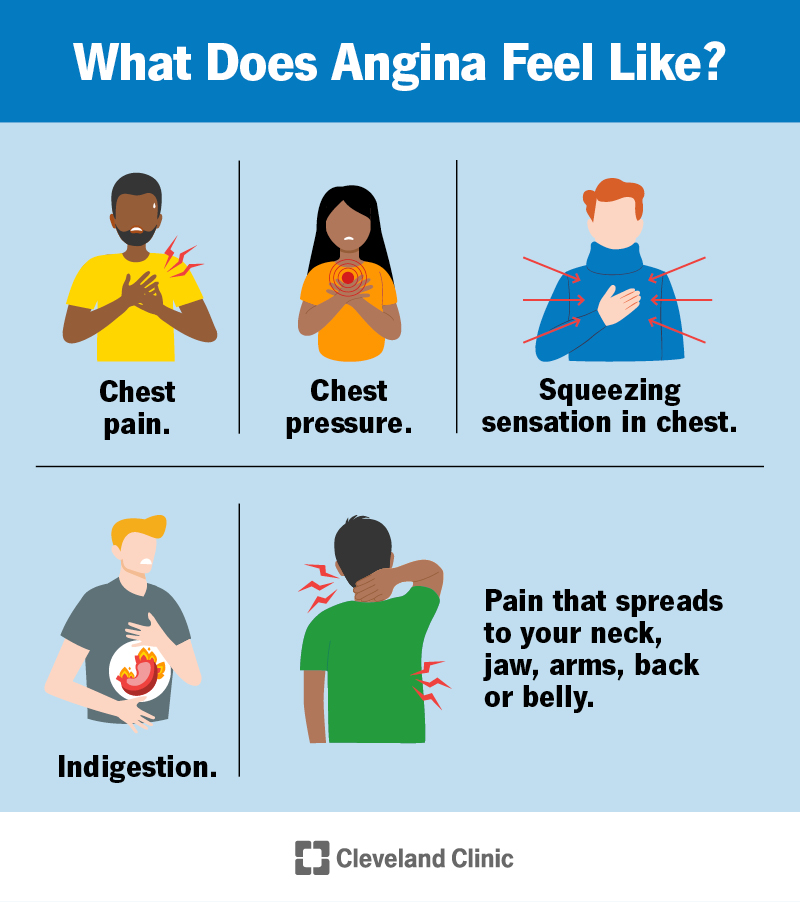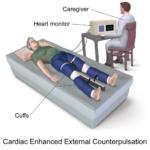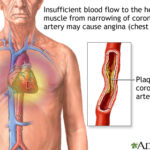Angina is a type of chest pain that occurs when your heart muscle isn’t getting enough oxygen-rich blood. This can happen due to a narrowing of the arteries that supply blood to the heart, a condition called coronary artery disease (CAD).
There are several types of angina, but the most common is stable angina. Stable angina typically causes chest pain or discomfort that comes and goes, often brought on by exertion or emotional stress and relieved by rest or medication.
Less common types of angina include:
Unstable angina: This type of angina is more serious and can be a sign of a coming heart attack. Unstable angina pain may be new or worsening, occur at rest, and not be relieved by rest or medication.
Prinzmetal angina: This is a rare type of angina caused by a spasm of the coronary arteries. The pain can be severe and come on at rest.If you think you might have angina, it’s important to see a doctor right away. Early diagnosis and treatment can help reduce your risk of a heart attack.


